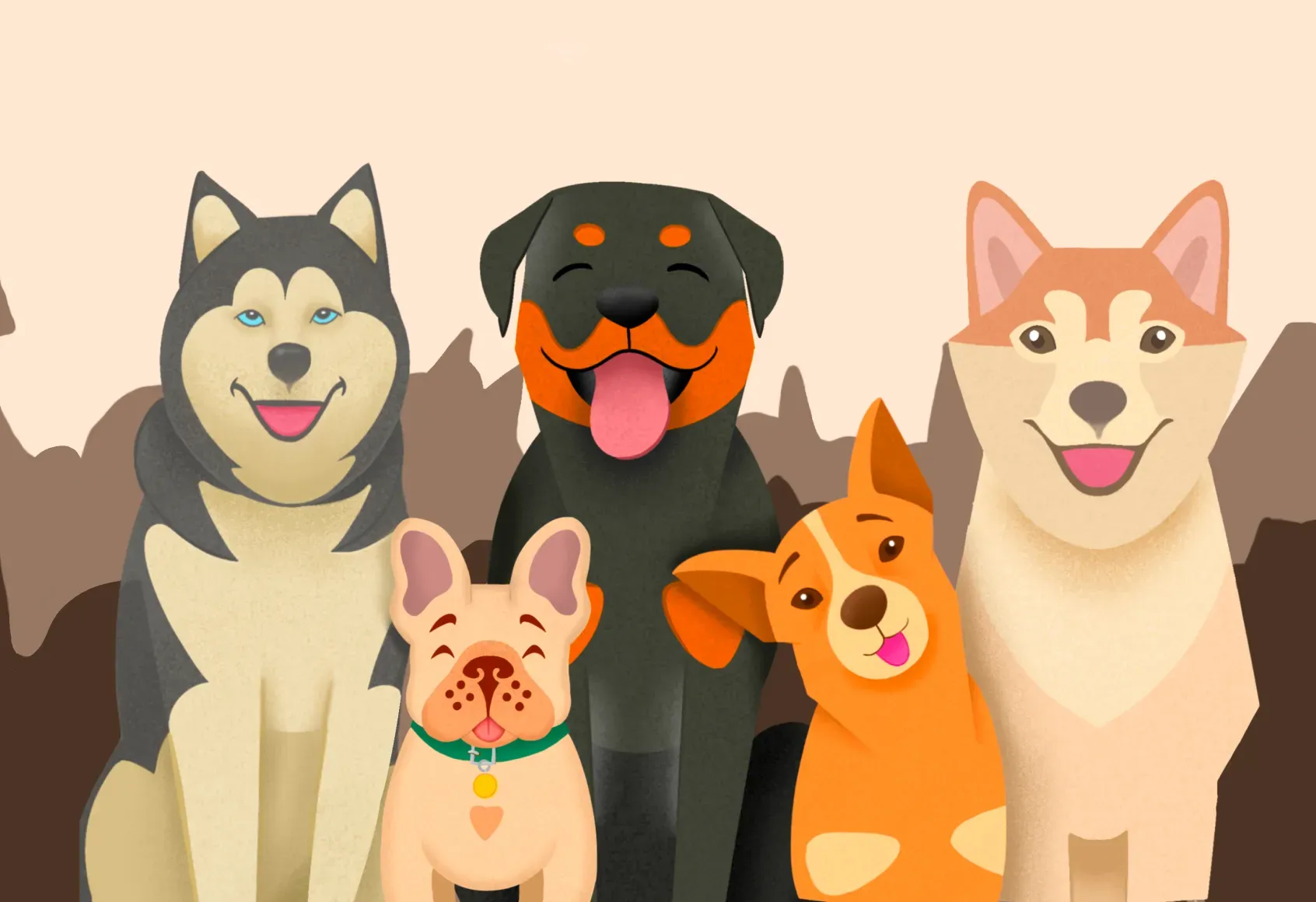All Pets
Media
Rescue & Shelters
Pet Services & Shops
Happy Mart
Events
T-Shirts
Home
/
Dog Breeds
/
Cavalier King Charles Spaniel
Cavalier King Charles Spaniel
Origin
United Kingdom
Size
Small Breed
Ideal Space
Apartment
Ideal Weather
15º-25ºC
Life Expectancy
12-15 years
Cost of buying
₹ 2,50,000 - ₹ 4,50,000
Top 5 Traits
Loyal
Intelligent
Playful
Friendly
Energetic
Avg Monthly Expenses
₹ 3,300 - ₹ 5,400





Meet the Cavalier King Charles Spaniel: The Royal Lapdog with a Big Heart
Characteristics
Barking
Quiet
Loud
Temperament with Kids
Aggressive
Friendly
Playfulness
Silent
Very Playful
Friendliness
Not Friendly
Super Friendly
Compatibility with other dogs
Aggressive
Friendly
Need for attention
Independent
Very Needy
Monthly Expenses

Lifespan & Availability in India
Cost of buying
₹ 2,50,000 - ₹ 4,50,000
Prerequisites to pet a Cavalier King Charles Spaniel
Access to Groomer
Access to Veterinary
Lifestyle Compatibility
Financial Capability
Space and Environment
Shop or Adopt a Cavalier King Charles Spaniel in India
Best Nutrition for Cavalier King Charles Spaniels in India
Monthly Food Expenses
₹ 1,200 - ₹ 1,800
Calories per day
Puppies: 500 kcal
Adults: 550 kcal
Essential Nutrients
Protein
Fats
Carbohydrates
Fibre
Vitamins
Minerals
List of foods
Chicken
Dry Dog Food
Fresh Meat
Fresh Fish
Fruits
Vegetables
Breakdown of Macro-nutrients
Best Foods for Cavaliers in India
Never feed these foods to Cavalier King Charles Spaniel
Avoid anything with these ingredients
Alcohol
Almonds
Avocados
Cherries
Cinnamon
Coffee / Tea
Dairy
Fruit seeds
Garlic
Grapes
Lemon
Milk Products
Mushrooms
Onions
Salt
Sugar

Health
Avg Monthly Expenses
₹ 900 - ₹ 1,800
Common Health Issues
Heartworm
Hip Dysplasia
Progressive Retinal Atrophy (PRA)
Patellar Luxation
Epilepsy
Skin Allergies
Well being
Exercise
Agility Training
Bonding
Games
Socialization
Energy Level
Medium
Exercise routine
30 - 60 minutes
Recognising Stress
Changes in appetite
Pacing
Excessive Barking
Excessive Panting
Reluctance to move
Healthcare for Cavalier King Charles Spaniels in India
Vaccination details
Growth Stage
Core Vaccines
6-8 Weeks
Distemper, Parvovirus, Canine Hepatitis, Parainfluenza
10-12 Weeks
Distemper, Parvovirus, Canine Hepatitis, Parainfluenza
14-16 Weeks
Distemper, Parvovirus, Canine Hepatitis, Parainfluenza, Rabies
12-16 Weeks
Distemper, Parvovirus, Canine Hepatitis, Parainfluenza, Rabies
Every 1-3 Years
Distemper, Parvovirus, Canine Hepatitis, Rabies
Recommendations to care for senior Cavalier King Charles Spaniel dogs

Grooming Needs of Cavalier King Charles Spaniels in Indian Homes
Avg Monthly Expenses
₹ 1,200 - ₹ 1,800
Shedding Level
Moderate Shedding
Hygienic Checklist
Brushing
Ear Cleaning
Bathing
Nail Trimming
Eye Care
Teeth Care
Benefits of Grooming
Cleanliness
Prevents infections
Quality of life
Low Shedding
Odourless
Prevents Bad Breath


Written by
Happy Pet Team
Author
Compare with similar breeds
Frequently Asked Questions
What are common health issues in Cavalier King Charles Spaniels?
Common health issues in this breed include heart conditions such as mitral valve disease, hip dysplasia, ear infections, and eye problems like cataracts and dry eye. Regular veterinary check-ups and preventive care are essential to detect and manage these conditions early.
Can Cavalier King Charles Spaniels be left alone?
Cavaliers are social dogs and prefer not to be left alone for long periods. They may develop separation anxiety if left alone frequently. If you need to be away, consider doggy daycare, a pet sitter, or providing interactive toys to keep them occupied.
Are Cavaliers prone to weight gain?
Yes, Cavaliers can be prone to weight gain. Monitor their diet and exercise regularly to maintain a healthy weight. Avoid feeding them table scraps and high-calorie treats.
How long do Cavaliers live?
On average 9–14 years with proper care.
Can they live in Indian apartments?
Yes—absolutely. Their size and temperament suit flats, but they need daily exercise and climate control.












